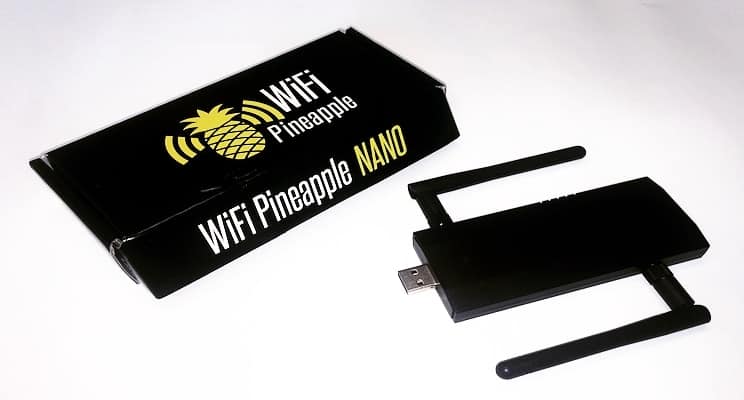Originally posted by frank007
View Post
See some easy examples of leet haxxoring of clients in an open wifi.
Maybe you forget all the persons who make the Linux world great with all their free work.
The actual path betrays all those persons, and all those persons still believe in Linux.


Comment